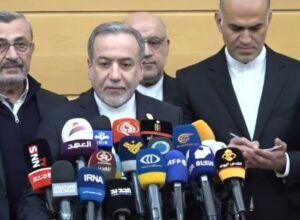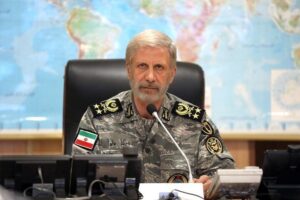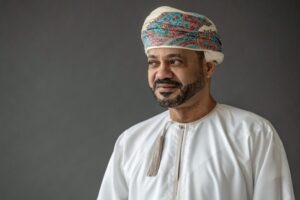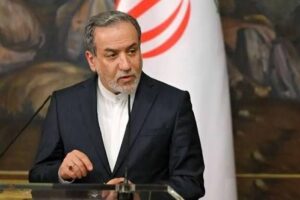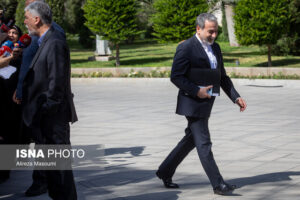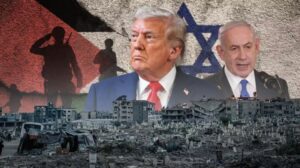The shameless Israeli aggression against Qatar proved beyond any doubt that West Asia stands at a precipice, teetering between unending aggression and the dawn of genuine cooperation. At the heart of this turmoil lies the Israeli regime’s relentless campaign of destabilization, which has plunged the region into chaos and suffering. From the ongoing genocide in Gaza—where tens of thousand of Palestinians have been killed, entire neighborhoods reduced to rubble, and a humanitarian catastrophe engineered through blockade and starvation—to the systematic ethnic cleansing in the West Bank, almost daily attacks against Yemen, Syria and Lebanon and now Qatar, the picture is one of unbridled aggression.
Israeli bombardments observe no red line. In Iran, the assassination of scientists and attacks on our facilities amount to clear acts of state terrorism. In Qatar, the terrorist aggression against peace negotiators highlights that peace is the only existential threat to Israel. These actions cannot be dismissed as the excesses of a “far-right” cabinet; they form part of a broader, calculated strategy to bully the entire region to submit to ruthless dominance.
This strategy is rooted in the insidious vision of “Greater Israel,” an expansionist project that seeks to establish Israel as the unchallenged hegemon in the region, subordinating all neighboring states to its will. To realize this dystopian dream, the Israeli regime employs tools of unbridled military aggression, genocide, ethnic cleansing, and annexation. The project demands a grotesque distortion of history—rewriting narratives to justify occupation and dispossession—while endangering the lives of millions and threatening the very existence of regional states. At its core, “Greater Israel” envisions annexing vast territories: the entirety of Palestine, swathes of Jordan’s Jordan Valley, southern Lebanon up to the Litany River, the Golan Heights and beyond in Syria, parts of Iraq’s western regions, Egypt’s Sinai Peninsula, and even the northwest Hijaz region of Saudi Arabia.
This barbaric delusion aims to dismantle the edifice of international law, dissolve accountability through political pressure, ridicule the International Court of Justice’s rulings on genocide, occupation, and apartheid, and secure ironclad immunity through unwavering support from Western powers, particularly the United States. This shielding allows Israel to bomb, murder and injure at will and with impunity, turning the region into a jungle of perpetual savagery.
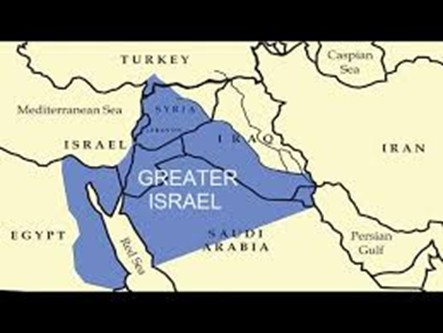
Last year, Netanyahu stood before the United Nations General Assembly and unveiled two maps—the so-called “map of blessing” and “map of curse”—to illustrate his vision for the future. That was a disguise for his vicious plan to bomb the entire region, from Gaza to Doha, to achieve a delusion. Famine as a weapon in Gaza, apartheid, savagery and land-theft in the West Bank, routine attacks against civilians and vital infrastructure in Syria Lebanon and Yemen, outright aggression and assassination of scientists with their families, neighbors and bystanders in Iran, aerial bombardment of peace negotiators in Qatar, shelling of UN institutions—including schools and hospitals and wanton targeting and murder of hundreds of journalists assault on humanitarian Sumud Flotilla, showcase the “blessing” that this war criminal and his associates and enablers plan for West Asia.
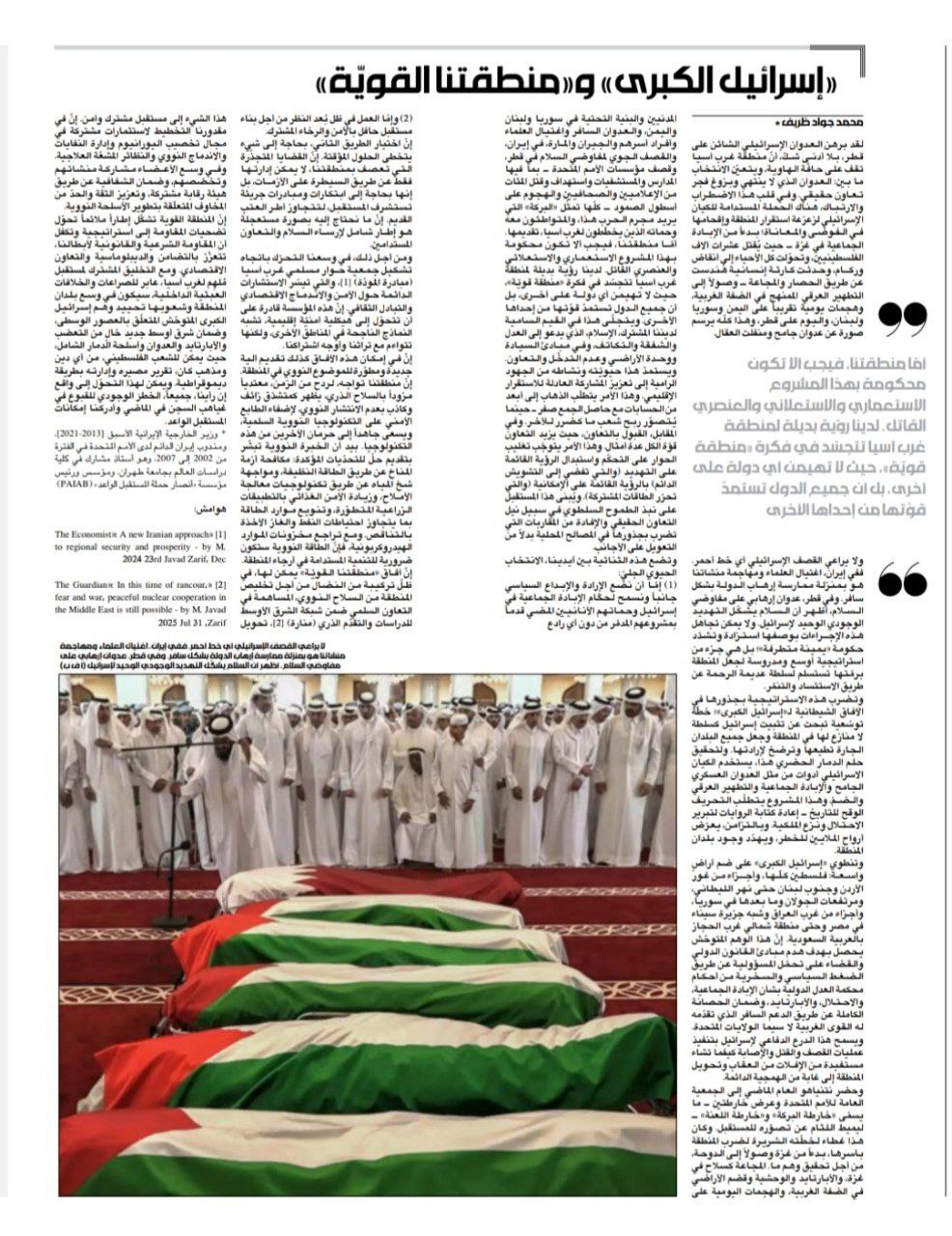
But our region does not have to be doomed to this murderous colonial, supremacist and racist plan. We have an alternative vision for West Asia that finds expression in the idea of a “strong region,” where no single state dominates but all states draw strength from each other. It manifests in the sublime values of our shared religion, Islam, which teaches justice, compassion, and empathy, and in the principles of sovereignty, territorial integrity, non-intervention, and synergy . It comes to life through efforts to foster equitable partnerships for regional stability. It calls for transcending zero-sum calculations—where one nation’s gain is imagined as another’s loss—and instead embracing synergy, where collaboration multiplies the strength of all. It demands prioritizing dialogue over diktat, transforming a threat-based mindset that fuels paranoia into a possibilities-driven outlook that unlocks shared potential. It insists on turning away from hegemonic ambitions toward genuine collaboration, and from solutions imposed by distant powers toward those rooted locally in our own interests.
These contrasts lay bare the critical choice before us: either abandon political will and creativity, allowing the genocidal Israeli rulers and their narcissist enablers to steadily advance their destructive project, or act with foresight to build a future defined by shared security and prosperity. Choosing the latter path requires more than temporary fixes. The deep-seated issues plaguing our region cannot be managed by crisis control alone; they demand bold, visionary initiatives that transcend old grievances. What we urgently need is a comprehensive framework to lay the foundation for lasting peace and cooperation. To this end, we can move towards the creation of a Muslim West Asia Dialogue Association (MWADA), facilitating ongoing consultations on security, economic integration, and cultural exchange. This body could evolve into a regional security architecture, akin to successful models elsewhere, but tailored to our heritage and commonalities.
This vision could also offer a transformative reframing of the nuclear debate in the region. For too long, our region has faced a nuclear armed aggressor, arrogating to itself the mantle of non-proliferation to securitize and deprive others from peaceful nuclear technology. Yet, nuclear science holds immense promise as a solution to pressing challenges: combating the climate crisis through clean energy, addressing water scarcity via desalination technologies, enhancing food security with advanced agricultural applications, and diversifying energy sources beyond depleting oil and gas reserves.
As hydrocarbon resources dwindle, nuclear energy will be indispensable for sustainable growth across the region. Our “strong region” vision can make this a shared, secure reality by combining the struggle to rid the region of nuclear weapons, while engaging in peaceful cooperation in a Middle East Network for Atomic Research and Advancement (MENARA) We can envision joint ventures spanning uranium enrichment, waste management, nuclear fusion, and medical isotopes. Members would share facilities, pool expertise, and ensure transparency through a joint regulatory board, fostering trust and preventing proliferation concerns.
The strong region is the proper framework that transforms sacrifice into strategy, ensuring that lawful and legitimate resistance of our heroes is reinforced by solidarity, diplomacy, economic cooperation, and synergy. By jointly creating an inspiring future for West Asia, which ascends beyond futile and indeed trivial conflicts and discords at home, , regional states and peoples can foil the barbaric medieval delusion of greater Israel and secure a new Middle East free from bigotry, apartheid, aggression and weapons of mass destruction where the peoples of Palestine of all faith can democratically determine and control their destiny. This can be a reality if we all see the existential danger of remaining prisoners of the past and grasp the possibilities for an inspiring future.
*Dr. Mohammad-Javad Zarif is an associate professor of Global Studies at the University of Tehran, and founder and president of Possibilities Architects (PAIAB), a consulting group devoted to building inspiring futures. He was a career diplomat who served as Iran’s foreign minister (2013-21) and permanent representative to the United Nations (2002-2007).

